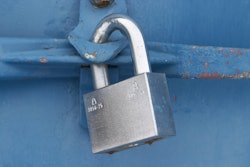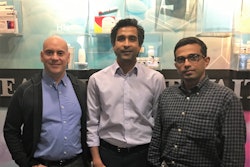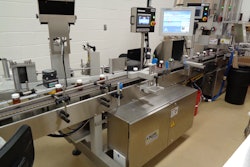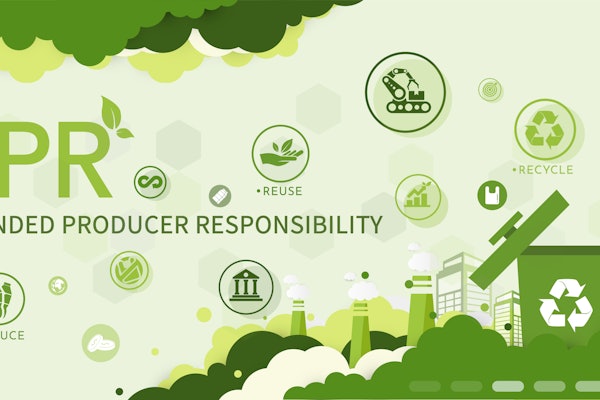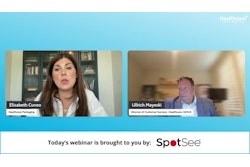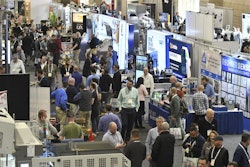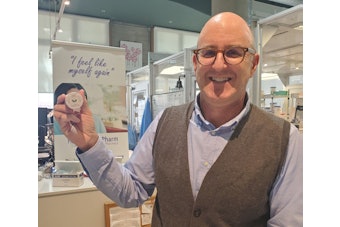The World Health Organization estimates that approximately 1% of medicines available in the developed world are believed to be fraudulent. Last year, an estimated 4.75 billion prescriptions were written in the U.S. That means 4.75 million prescriptions were written for counterfeit medicines last year in the U.S.
These startling statistics were presented by Charles Forsaith, Director, Supply Chain Security, Purdue Pharma & Chairman, Pharmaceutical Cargo Security Coalition at the Healthcare Compliance Packaging Council’s RxAdherence Conference in Florham Park, NJ.
Pharmaceutical cargo theft is big business. Forsaith cited that for every $1,000 invested in counterfeiting pharmaceuticals the return is $300,000. That’s a 29,900% return on investment! It’s big business, and for that reason, the level of sophistication in both counterfeiters and thieves is rising.
The good news is that, in addition to the growing sophistication of thieves, pharmaceutical and medical device manufacturers are taking unprecedented steps to secure their products. Forsaith indicated that due to continued efforts in educational seminars and conferences and increased numbers of shared intelligence related to cargo theft incidents, the number of large-scale incidents is decreasing. In 2009, there were reportedly 47 large-scale pharmaceutical cargo thefts with an average loss of $42,000,000 and in 2016 there were fewer than 15 with an average value of loss of $200,000.
Forsaith recommends that anyone who is interested in learning more about preventing theft attend a seminar from PCSC, the Transported Asset Protection Association (TAPA), or an NICB National Cargo Theft Task Force seminar. Interested parties can also sign up for BSi, Freightwatch, IJET, CargoNet, Eurowatch. PCSC or Transportation Security Council Alerts.



